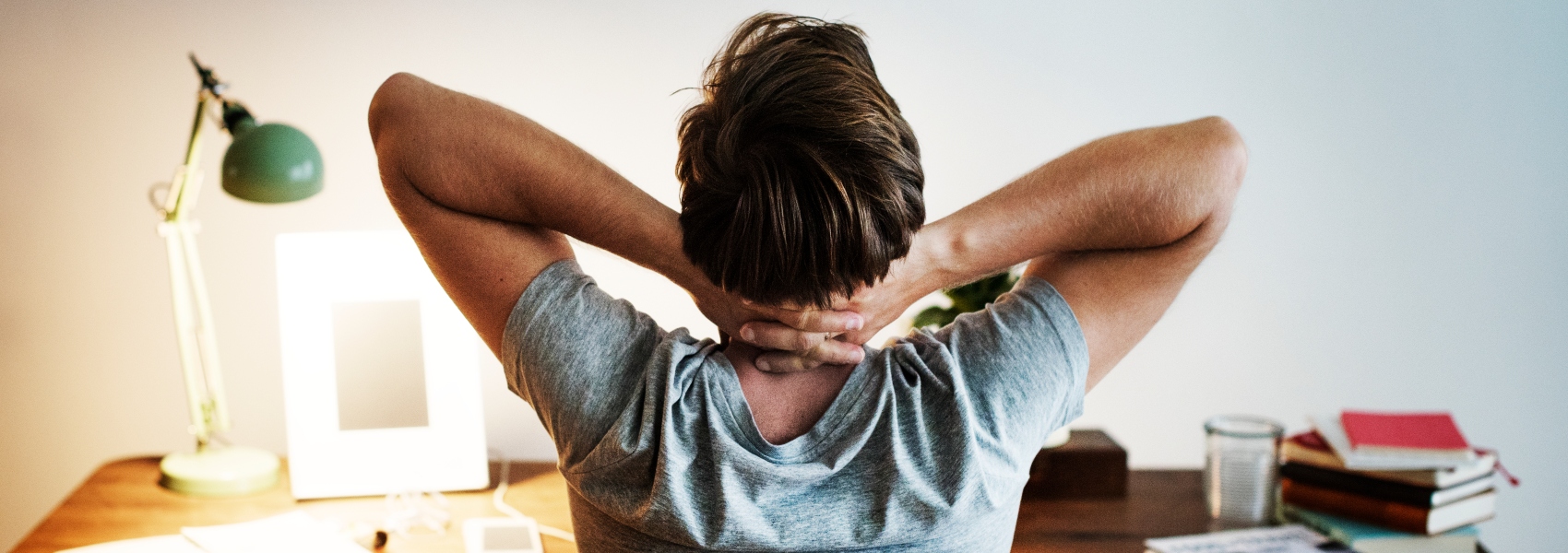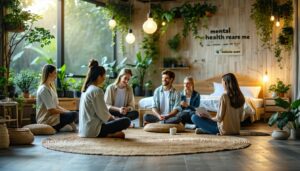The Science of Stress
I. Basic Facts
Stress is a universal experience, and in low amounts, it can actually be helpful as a motivator or increase our resilience. However, the World Health Organization (WHO) classified stress as a “modern health epidemic” in 2016. Due to stress at excessive levels negatively affects physical and mental well-being, with persistent exposure to a stressor, whether psychological, physiological, or environmental, leading to chronic inflammation affecting our health. Learn more about First Light Recovery’s wellness center.
Naturally, our bodies are made to handle a certain amount of stress, but when too much stress is put on a person’s body, it can lead to physical and psychological issues. It is a major risk factor for mental illness and increases susceptibility to neuropsychiatric conditions, such as depression and anxiety.(1)(2)(3)
II. Studies
Below there are several studies listed that show the effects. Numerous studies show how relaxation techniques can improve stress levels. (2)
- “Annals of Medicine”: short-term thermal stress can lead to a reduction of inflammation and oxidative stress.
- “Complementary Therapies in Medicine: found that those who used saunas more than 5 times per month had improved mental well-being scores.
- “Brain, Behavior, & Immunity”: showed changes in neuroinflammatory markers and increased levels of serum inflammatory markers; these individuals showed higher levels of mood alterations or mental fatigue.
- “Environment International”: reported a lower incidence of inflammatory bowel disease in those with access to residential green and blue spaces.
- “PLOS One”: experiencing simulated walks through nature via virtual reality headsets can result in a significant reduction in reported stress levels.
- “Brain, Behavior, & Immunity”: had an 8-week mindfulness-based program designed to reduce stress and improve emotional self-regulation. Those who participated in the bespoke activities reported significantly reduced scores of perceived stress and improved psychological well-being compared with the control group. (2)
III. COVID-19 Effects on Stress
In 2022 WHO reported that the international pandemic, COVID-19, had led to a 25% increase in the global prevalence of anxiety and depression, mainly due to the stress caused by extended social isolation. COVID-19 also triggered detectable levels of neuroinflammation.
A study by “European Child & Adolescent Psychiatry” found that in 2020 during the first UK lockdown, a third of their participants reported improvements in well-being, having more time for exercise, getting more sleep, and positive changes in their relationships with friends and family.
“Urban Forestry & Urban Greening” had 85% of their participants report relaxation and stress relief as an extremely important reasons for them to garden. It found the importance of the societal provision of green spaces for well-being. “Environment International” researched inflammatory markers and recorded that participants with higher neighborhood greenness were associated with lower inflammation, independent of behavioral risk factors. (2)
IV. Relaxation Takes Practice
As we transition into information pertaining to relaxation techniques, it’s important to remember that relaxation techniques are skills. As with any skill, your ability to relax improves with practice. If one relaxation technique doesn’t work for you, try another technique. Once you know what the stress response feels like, you can make a conscious effort to practice a relaxation technique the moment you start to feel stress symptoms. Keep in mind that some people may experience feelings of emotional discomfort during some relaxation techniques. If you experience emotional discomfort during relaxation techniques, stop what you’re doing. Be patient with yourself. (3)
Benefits of Relaxation Techniques
There are many benefits to relaxation techniques. Relaxation techniques are often free or low cost, pose little risk, and can be done nearly anywhere. These techniques can help with long-term stress or stress related to various health problems, such as heart disease and pain. Below is a list of various benefits that come with practicing relaxation techniques:
- Slowing heart rate
- Lowering blood pressure
- Slowing breathing rate
- Improving digestion
- Controlling blood sugar levels
- Reducing the activity of stress hormones
- Increasing blood flow to major muscles
- Reducing muscle tension and chronic pain
- Improving focus and mood
- Improving sleep quality
- Lowering fatigue
- Reducing anger and frustration
- Boosting confidence to handle problems(3)
20 Types of Relaxation Techniques
There are an endless number of relaxation techniques that an individual could try to help improve their physical and mental well-being. What’s important to remember is that you need to practice these relaxation techniques to get the benefits. To fully get these benefits remember that doing these activities involves refocusing your attention on something calming and increasing your awareness of your body.
Most of humans need some sort of stress relief in the modern world today. Hopefully, by learning and using these science-based stress-relief techniques, sometimes referred to as holistic therapy, we can improve our physical and psychological well-being. (1)(3) Listed below are 20 relaxation techniques:
- Aromatherapy
- Art Therapy
- Autogenic Relaxation
- Breathing
- Caffeine Free
- Challenge Mindset
- Cold Shower
- Diet
- Exercise
- Gratitude List
- Happiness Visualization
- Hydrotherapy
- Massage
- Meditation
- Music Therapy
- Progressive Muscle Relaxation
- Self-Compassion
- Sleep
- Tai Chi
- Yoga
Resources:
(1) https://www.psychologytoday.com/us/blog/click-here-happiness/202105/stress-relief-101-science-based-guide
(2) https://www.thelancet.com/journals/ebiom/article/PIIS2352-3964(22)00202-X/fulltext
(3) https://www.mayoclinic.org/healthy-lifestyle/stress-management/in-depth/relaxation-technique/art-20045368




